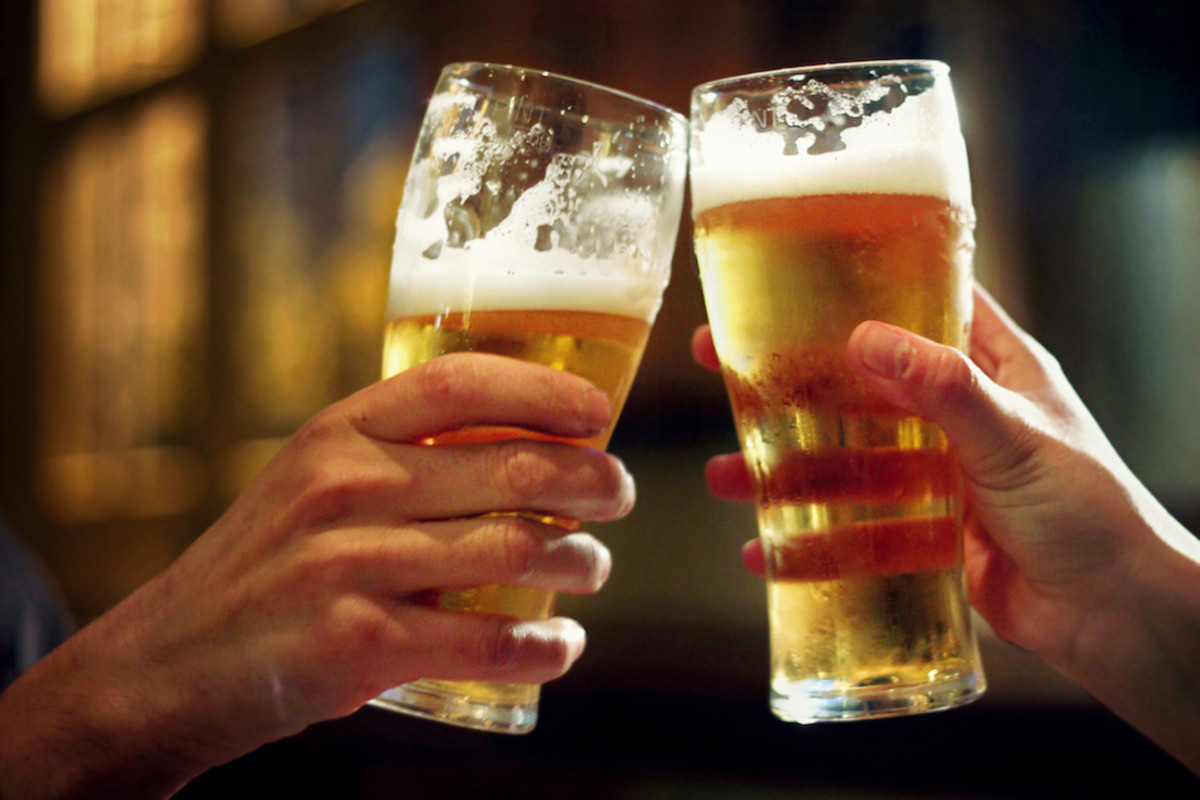There are several regulations that control beer and wine advertising. I run into concerned independent business owners on a regular basis that aren’t sure what is allowed, so I decided to do some research.
In a nutshell, here is what I found:
- Advertising is protected under the first amendment and alcoholic beverage advertising is regulated under the Federal Alcohol Administration Act (FAA) by the Tobacco Tax and Trade Bureau (TTB).
- In general, advertisements of alcoholic products must be truthful and without deception. They must provide enough information about the identity of the product for the consumer’s benefit and for them to be able to make an educated decision about what the product is or what it contains.
- Alcoholic beverage advertisements differ based on type (beer and malt beverages, wine, and distilled spirits).
- All ads require the class the product belongs to ( beer (ale,stout,lager,etc.), wine (red,white,champagne,etc.) and spirits (whiskey, vodka, gin, etc.)
- All ads require the name, city and state of the advertiser.
- Spirits also require the alcohol content (proof), name of commodity and percentage of neutral spirits.
Things that are not allowed in ads
- Misleading or false statements, misrepresenting data or health benefits.
- Disparaging a competitor, indecent or obscene representations.
- Claiming that alcohol is made or sold under federal or state regulation.
- Claims that wine or beer contains spirits.
- Claiming a distilled spirit is “pure”
- Any statement that is not consistent with approved labeling.
From alcohol.org Marketing to the Public:
Promotions and discounts are often popular ways to encourage a person to buy a product, and alcoholic beverages are no exception. Drinking establishments, such as bars and restaurants, often host “happy hours,” daily drink specials, or “mug clubs,” or run other promotions to enhance sales. There are often state regulations about what establishments can and can’t do regarding these promotions. For instance, daily drink specials are generally limited to one type of alcoholic beverage per day; happy hour may not exceed a certain number of hours per day or week; all drink promotions must end by midnight; and no alcohol is to be discounted between 12 a.m. and 2 a.m.
Wine Advertising
The wine institute has a series of guidelines for advertising wine. These rules basically require advertising to be honest. No claiming your life will be great or you will be healthier because you drink wine. No marketing to kids and pregnant women.
Craft Brewery Advertising
Statements of alcoholic strength or original extract for beer are generally prohibited. Using descriptors such as strong, full strength, extra strength, high test, high proof, pre-war strength and full oldtime alcoholic strength are prohibited unless required by state law.
The TTB prohibits advertising statements inconsistent with labeling. A common advertising mistake is to show a bottle whose label is not a faithful reproduction of an approved label. This can include using a label of a different size than the approved label.
Read more in this great article: Advertising law crash course for craft breweries.
Window Signs including Digital Signage
Many states have specific rules and regulations regarding signs and advertisements in retail locations. The Center on Alcohol Marketing and Youth (CAMY) published a 15 page report that reviews many of the regulations.
Retail windows are often coded and regulated since they are so visible to passersby. Some states regulate how much of the window is allowed to be used for alcohol product marketing. You can see the California sign ordinance here. The “Lee Law” is mostly is concerned with excessive window signage.
The new 2018 California regulations have hundreds of pages, here are a few highlights:
Gas Stations: No beer or wine advertising shall be located on motor fuel islands and no self–illuminated advertising for beer or wine shall be located on buildings or windows.
§ 25503. Prohibited sales, advertising, and promotional activities
No manufacturer, winegrower, manufacturer’s agent, California winegrower’s agent, rectifier, distiller, bottler, importer, or wholesaler, or any officer, director, or agent of any such person, shall do any of the following:
(f) Pay, credit, or compensate a retailer or retailers for advertising, display, or distribution service in connection with the advertising and sale of distilled spirits.
(g) Furnish, give, lend, or rent, directly or indirectly, to any person any decorations, paintings, or signs, other than signs advertising their own products as permitted by Section 25611.1.
(h) Pay money or give or furnish anything of value for the privilege of placing or painting a sign or advertisement, or window display, on or in any premises selling alcoholic beverages at retail.
Editors Note: This essentially means manufactures and distributors can’t pay for advertising at a retail establishment.
See the complete document here http://www.abc.ca.gov/CA_ABC_18E.pdf as provided by ABC
Hope this sheds some light on this complex topic.



